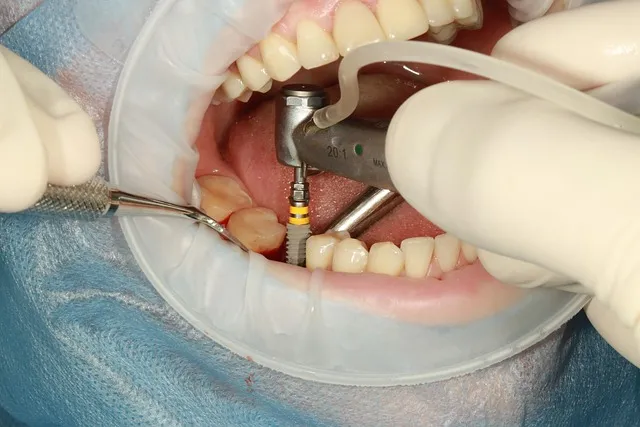Sugar is present in many elements in our normal diet. While we savour the taste of sugar in various proportions in our food, we often neglect the fact that sugar can be highly detrimental to your oral health. This happens especially if the right preventive measures are not taken to clear out any sweet residue from the oral cavity in time.
Impact of Sugar on Oral health
Sugar is known to be a source of energy for the bacteria present in our oral cavities and while we seem to neglect residual sugar in our mouths, the bacteria grow and multiply by breaking down the glucose and deriving energy. Also, oral bacteria create a sticky substance that helps them adhere to the teeth strongly. Therefore, when the saliva washes away the bacteria, they are hardly removed due to the presence of the sticky substance.
As a result, tooth caries increase in number and frequency. Salivary amylase, the key factor in digesting carbohydrates in the oral cavity, breaks down sugar and starch. Both sugar and starch are fermentable carbohydrates friendly with bacterial action and help in bacterial growth by providing nutrients, energy and the right pH in the oral cavity for enhanced bacterial action.
The change in oral pH and bacterial growth gives rise to higher cariogenic potential in the individual's mouth. Cariogenic potential refers to the extent to which dental caries can be formed on the teeth owing to bacterial infection and action. Presence of sugar causes demineralization of the teeth and reduces the time for re-mineralization in the oral cavity, thereby increasing chances of decay and damage to tooth. Any pre-existent tooth decay symptoms are heightened by this action and the bacteria easily bore through the teeth and damage it.
However, it is less about how much sugar one is consuming and more about the amount of time your teeth is having an exposure to sugar. For an instance, if you are taking 10 minutes to eat a small piece of cake, that is less harmful than a sugary drink that you are sipping for three hours.
Sugar Rich Diet Control
A feasible way to control the harmful impact of sugar in the diet on oral health is to control intake of sugar rich food. Food that are rich in fermentable sugar content include fruits, chips, cookies, hard candies, breath mints, lollipops, milk and sugar rich beverages, white bread, chocolate and sweetened chewing gums. All these food items release sugar or starch slowly into the oral cavity.
Thus, there is a whole science developing around impact of sugar in oral hygiene. Understanding the above mentioned details and adhering to precautionary measures like diet control and proper oral hygiene will help people avoid the harmful impacts of sugar intake in diet. To keep the plaque under control has to be the primary concern as that will help reduce the acid content while eating and also curb down the impact of sugar on the teeth. Brushing two times a day, regular flossing and keeping the teeth completely free from plaque are some of the most important ways for maintaining oral hygiene.

Reviewed by







